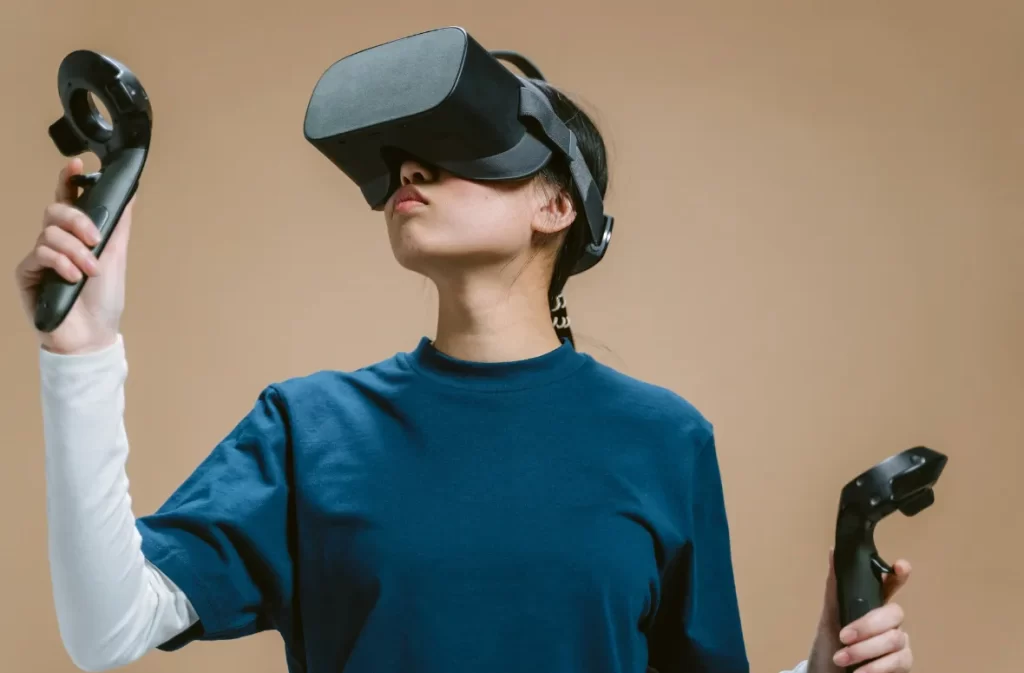Table of Contents
In the ever-evolving digital world, the future of virtual assistance technology promises to transform how we work, live, and interact with technology.
Virtual assistants are becoming indispensable daily, from simplifying tasks to enhancing productivity. But what does the future hold for these AI-powered tools? Let’s explore the trends, advancements, and possibilities shaping this groundbreaking technology.
The Future of Virtual Assistants: Trends and Predictions
Virtual Assistant Services: A Game Changer for Businesses
Virtual assistant services are revolutionizing business operations by streamlining workflows and boosting productivity. Companies increasingly rely on these digital assistants to automate mundane tasks, such as scheduling meetings, setting reminders, and managing inquiries. This automation enables employees to focus on more complex tasks, driving efficiency and innovation.
AI-powered Virtual Assistants: Revolutionizing Customer Support
AI-powered virtual assistants, such as chatbots and virtual agents, transform customer support by offering 24/7 assistance. These tools leverage natural language processing to provide human-like interactions, ensuring seamless and personalized customer experiences.
Businesses can now handle routine tasks and complex queries with unparalleled speed and accuracy.
How AI is Shaping the Future of Virtual Assistance

Personalizing User Experience with Virtual Assistance
Personalization is one of the most exciting aspects of virtual assistance technology’s future. With AI and machine learning advancements, virtual assistants can adapt to individual user preferences, offering tailored solutions.
This personalized approach enhances the user experience, making digital interactions more intuitive and engaging.
Virtual Assistance and the Rise of Automation
Integrating AI technology into virtual assistants has driven a significant rise in automation. These intelligent tools can handle complex workflows, from performing administrative tasks to assisting with business operations.
Virtual assistants save valuable time by automating repetitive tasks and transforming our work.
The Evolution of Virtual Assistant Technology
Powered Virtual Assistants: A Look into the Future
Virtual assistants are evolving rapidly and are powered by AI-based virtual and conversational AI technologies. These advancements enable assistants to create content, manage customer support, and collaborate on projects.
The capabilities of these intelligent tools are continuously expanding, making them indispensable in various sectors.
Natural Language Processing: Driving Human-like Interactions

Natural language processing (NLP) is at the core of virtual assistants’ evolution. It allows assistants to naturally understand and respond to human queries, fostering human-like interactions.
Tools like ChatGPT demonstrate NLP’s potential by delivering conversational experiences that feel seamless and intuitive.
Also Read: Revolutionizing Business 2iddle Technology LLP: Insights
Powered Virtual Assistants: Transforming the Workplace
Virtual Assistants in the Future: What to Expect
As technology continues to advance, virtual assistants will become even more sophisticated. They will handle more complex tasks, such as data analysis and predictive modeling, providing actionable insights.
The shift towards AI-powered virtual assistants will redefine the workplace, enabling more competent and efficient decision-making.
Enhancing Business Operations with Virtual Assistants
Businesses are leveraging virtual assistants to streamline operations and improve productivity. These tools are tailored to meet business needs, from managing virtual collaboration to optimizing customer engagement.
Adopting AI-powered virtual assistant technology is reshaping industries, enabling companies to stay competitive.
Human-like Virtual Assistants: What’s Next?

The Rise of Virtual Assistants in Everyday Life
The demand for virtual assistants continues to grow as they integrate seamlessly into our daily routines.
From managing remote work tasks to assisting with personal schedules, these tools are becoming more human-like in their interactions. This evolution enhances usability and fosters a deeper connection between users and technology.
Trends and Predictions for Virtual Assistance Technology
Experts predict that the future of virtual assistance technology will focus on greater AI integration and enhanced personalization.
Emerging virtual and augmented reality trends will enable more immersive and interactive experiences. As these tools evolve, they will redefine how we interact with the digital world.
The Future of Virtual Assistants: Trends and Predictions
The future of virtual assistance technology is undeniably bright. With advancements in AI, automation, and natural language processing, virtual assistants are set to transform every aspect of our lives.
From revolutionizing business operations to enhancing personal productivity, these tools pave the way for a brighter, more efficient future. As we look ahead, one thing is clear: the role of virtual assistants will only grow, shaping how we work, communicate, and live.

